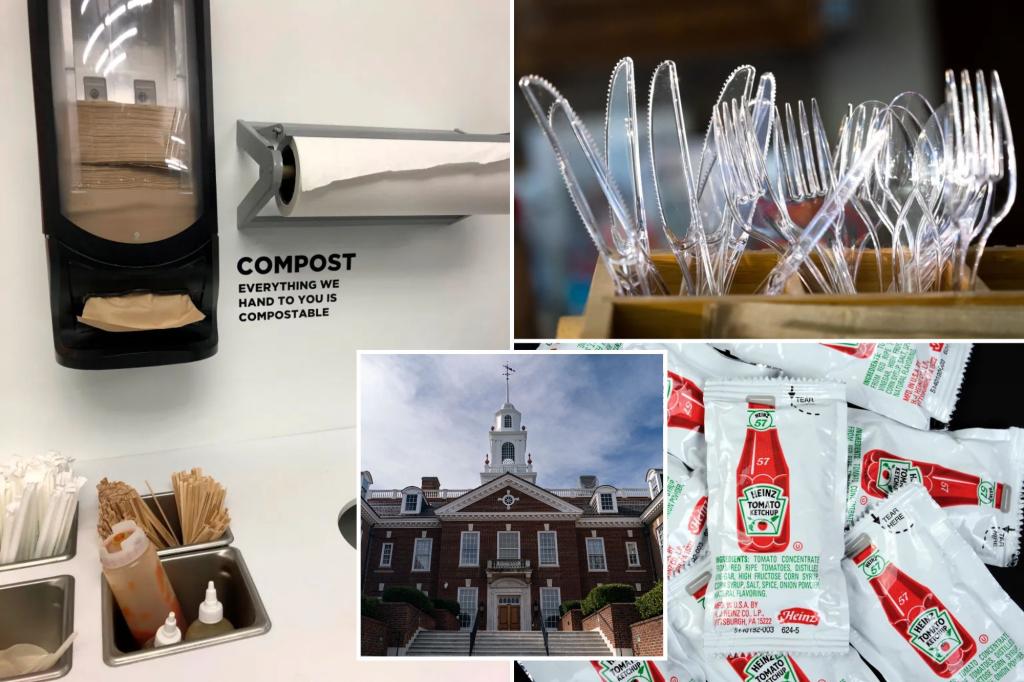House Bill 111, slid under a newly陛下itada chair in Delaware, now faces a considoretto into its impact on restaurant operations and waste management. The bill, which has been-dismissed by a committee, targets food establishments and implements a policy prohibiting the provision of single-use food service items, including utensils, napkins, and condiments, unless customers specifically request them.
The revenue-generating cornerstone of this legislative push is the perception that lengthy serving times and the disposal of waste have become inhumane. The statute, proposed by the Delaware legislature specifically, establishes that restaurants must cease offering these single-use items, leading to penalties for non-compliance.lin’s positions will be met by this measure.
If a restaurant gains the unintended benefit of giving up utensils, napkins, or condiments, it may face penalties. In the event of five or more such conduct, the restaurant could face a civil liability of $100 and a subsequent $500 fine. This unfair stance could hinder customers and staff alike, particularly in busy seasons. This discrepancy in approach—for some businesses to gain subsidies and others to incur penalties—is a point of contention.
Though the bill’s jurisdiction has yet to be finalized, a.*)
Despite potential challenges to the practice, further scrutiny is needed. When it comes to skip the stuff, that’s already a failing in the navigating of waste. Modern measures like the “Skip the Stuff” rule in cities like New York City and Washington have emerged as effective tools to combat Dover’s cultural failure.
In Delaware, the failed bill strongly undermines this necessary effort. At its core, it threatens to cut into fundamental business practices that ensure the sustainability of its food sector. Alleviating the legal疴 is vital for restaurant professionals who serve the next generation.















